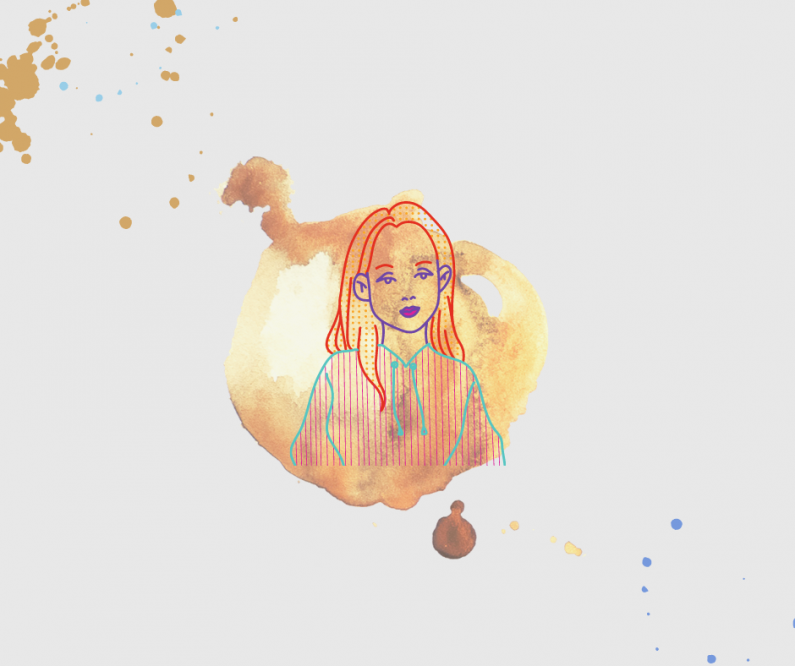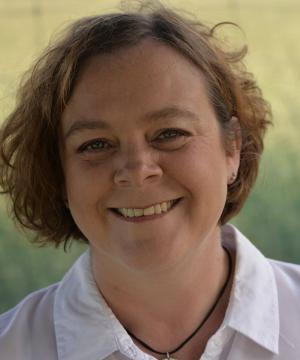
Better Futures-Understanding Speech, Language, & Culture Access Needs
We cover what having speech, language, & cultural access needs means to those using online services and products and how to accomodate them.

What's it all about?
While most of us learn to speak as young children, for some speech is not so natural. Speech can be restricted due to paralysis, injury such as after a stroke, other neurological disorders such as cerebral palsy and damage to vocal chords due to injury or temporary injury such as laryngitis. Many people with no speech or speech impairments rely on communication devices to make themselves understood.
On the flip side of speech access needs, there is a surge in the use of speech input technology. This technology helps people who have dyslexia, reduce physical dexterity and people who want to interact with technology on the move. But it often struggles to understand people with thick accents and needs to be trained to understand even people with perfect diction. Interface design that accommodates speech input needs to carefully consider the interactive elements of websites and apps.
New Zealand is a multi-cultural country with more than 150 different languages spoken at primary schools in Auckland. The cultural needs are often as diverse as the language barriers. If we consider that Mandarin is primarily written in a pictorial way, and Māori and other Pacific languages are primarily oral rather than written, it is no wonder there are many access issues.
The impact for language and cultural access needs is that web and app content is often filled with jargon, abbreviations, colloquial terms which makes it difficult to understand. The use of unfamiliar navigation and interaction can also place barriers for people with English as a second language. To facilitate access it is important to ensure that content and navigation are simple, consistent and clear.
"Access Advisors is a pan-disability digital accessibility consultancy. Our mission is to help New Zealand become more digitally inclusive. Access Advisors was initiated by Blind Low Vision NZ (BLVNZ) in July 2017. Making products and services more accessible will make it easier for people with access needs to do the things others take for granted. Access Advisors wants to help so that disabled people can enjoy the same opportunities as everyone else."


